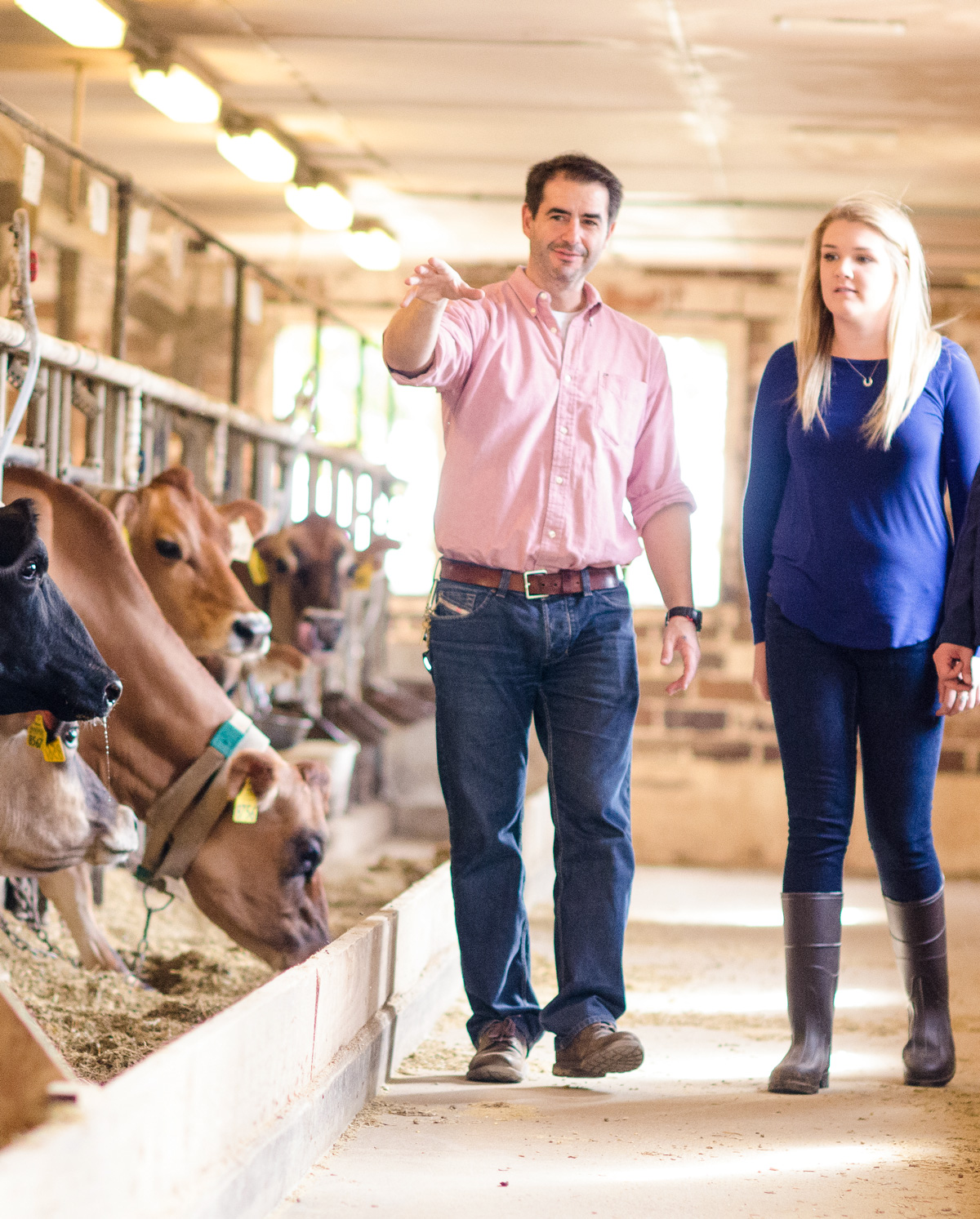Rodney Johnson
Department Head, Professor
Dr. Johnson promotes, protects, and maintains brain health by studying communication pathways between the immune system and the brain. He investigates how infection, nutrition, and birth weight affect brain and cognitive development. He also studies how aging causes deterioration in brain health.
 The work we do together helps create a safe, nutritious, sustainable, and affordable food supply that enhances the well-being of humans and animals.
The work we do together helps create a safe, nutritious, sustainable, and affordable food supply that enhances the well-being of humans and animals.